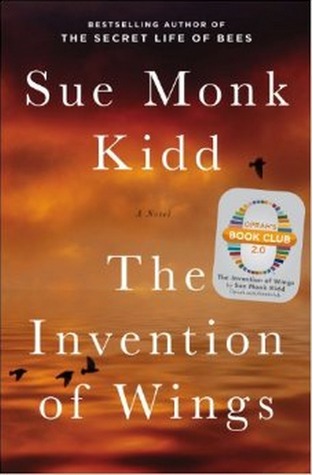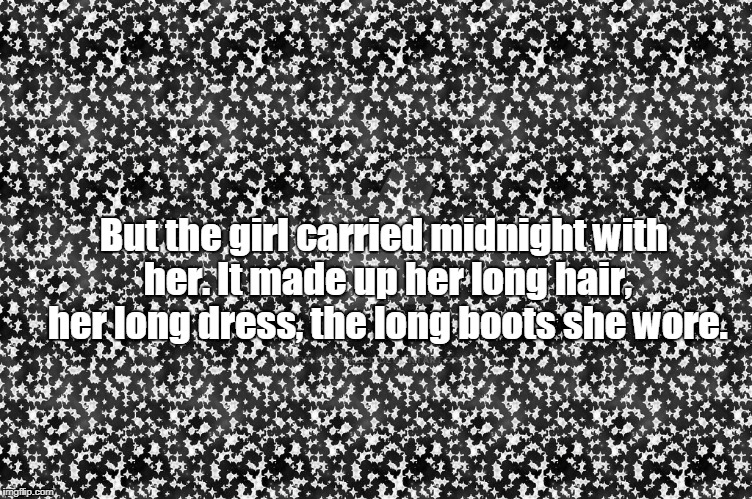

Fifteen years before Harriet Beecher Stowe wrote Uncle Tom’s Cabin, which was wholly influenced by American Slavery As It Is, a pamphlet written by Sarah, Angelina, and Angelina’s husband, Theodore Weld, and published in 1839, the Grimké sisters were out crusading not only for the immediate emancipation of slaves, but for racial equality, an idea that was radical even among abolitionists.
That is the kind of women this book is based on!
The first book that I read by Sue Monk Kidd was The Secret Life of Bees. It didn’t mince words when it came to the cruelties that slavery brought. While I loved the candor, what touched me, even more, is that the author didn’t mention those incidents in a salacious way. She included them in the story as the reality of that time. The focus remained on the characters who evolved as real people do.
This book wasn’t different in that regard either! Like always, I will try to review the story with quotes from the book. As I mention each quote, I will include the context it is taken from and what it signified to me.

Another thing that I have always loved about Ms. Kidd’s novels is that she weaves humor into her stories. With the subject being as grim as slavery, it should be difficult to make the reader laugh. The best part is that the humor doesn’t detract or mock the theme of the story. It simply makes it possible to go on reading and with what is happening in it, this is a good thing.
The Sisters
This particular quote is taken from a scene where one of the Grimké sisters is receiving a suitor in her drawing room. The fear of carnality had been put into her very recently by a man of God in the very words that she mentions here! What’s funny is that it is the fact that the man smells of soap that is making her think carnal thoughts (or at least, what she thinks are carnal thoughts).

This is how we are introduced to one of the main characters from this book, Handful. Born a slave, she was mouthy as heck and tough as nails. I loved right from the start, which was probably what the author intended. It is mentioned in the Author’s Notes (given at the end of the book) that while there is evidence of Handful having existed, she didn’t survive long enough to play an important role in the life of the Grimké sisters. I am glad that the author thought otherwise.

More of Handful’s golden words for you. This is her pretending to be brave while she was about to be punished severely enough that it left her with a maimed foot.

This is her description of the legalese that she had to muddle her way through before she could find out if she was being sold after her master’s death or retained for her services!

A few pages later, we are introduced to the other main character, Sarah Grimké.While Handful mouthed off to people, Sarah had trouble getting out a whole sentence without stuttering. She had the same iron backbone though that Handful did, which soon became evident when she tried to emancipate Handful at the age of 11!

This is how Sarah was indoctrinated to what was really happening around her. She was just a little girl then but the incident remained with her all her life. It was a defining moment in the life of her character. Consider the following quote to see how she arrived at the root of the problem of slavery. This is an excerpt from one of her letters to Nina, her sister and another important character in the book. She raised Nina like a mother on revolutionary ideas like equality and it paid off. Nina gave her strength and achieved things that even Sarah thought meant going too far.

She changed her faith and left the safety of her house later in life, so she could be the kickass feminist that we know her to be. This is one of my favorite moments from the book. While it might come across as caustically feminazi, it wasn’t so in the book. That being said, I could see the point the men were trying to make. By taking up both the causes of slavery and feminism, the Grimké sisters caused their followers to split into two groups. However, the point lies in the fact that they even had to raise their voices for either cause.

The Mothers

Sarah’s mother is one of the important characters in the book. She terrorized her slaves and refused to relent even when she was close to death. I think this quote defines both hers and her husband’s characters perfectly.

This is how we meet Handful’s mother, Charlotte. She shaped Sarah’s and Handful’s lives by being who she was. Even though she couldn’t do anything openly, she figured small ways to show her rebellion. She continued to do so, knowing the punishment would be too severe and there’d be hell to pay if she got caught! I think this quote would fit almost anyone who is living under an oppressive regime. Don’t you?
The Slaves

Handful is much smarter than people gave her credit for. Sarah, whom she said these words to, used to think that being a woman was keeping her from making a difference. Handful knew otherwise. When the story begins, we think that Sarah would be the one protecting Handful but this quote and the next one shows us how the roles are reversed.

I can’t wait to try out another Sue Monk Kidd book after having read and loved this one. Have you read it? How did you like it?
Image
Originally published at midureads.wordpress.com< on September 22, 2017.








 Log in with Facebook
Log in with Facebook 










































